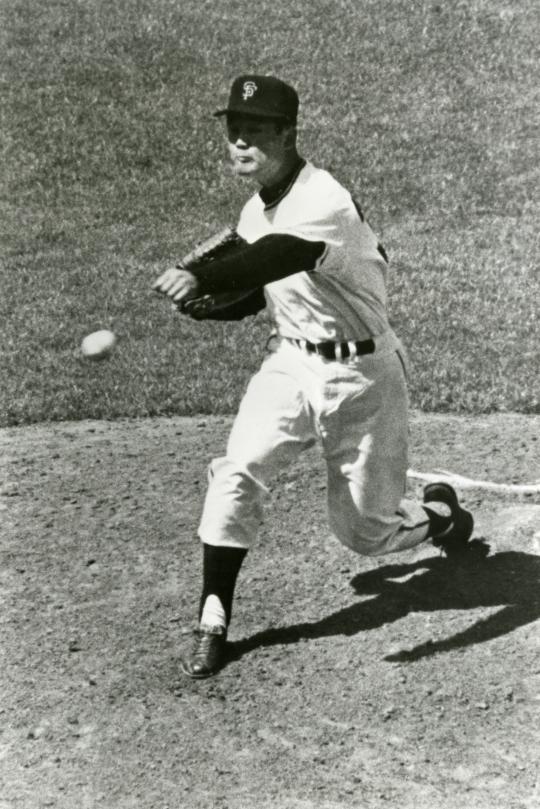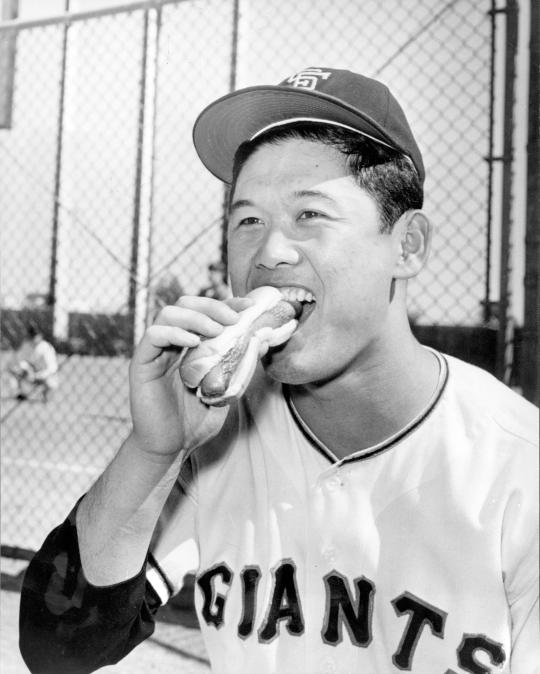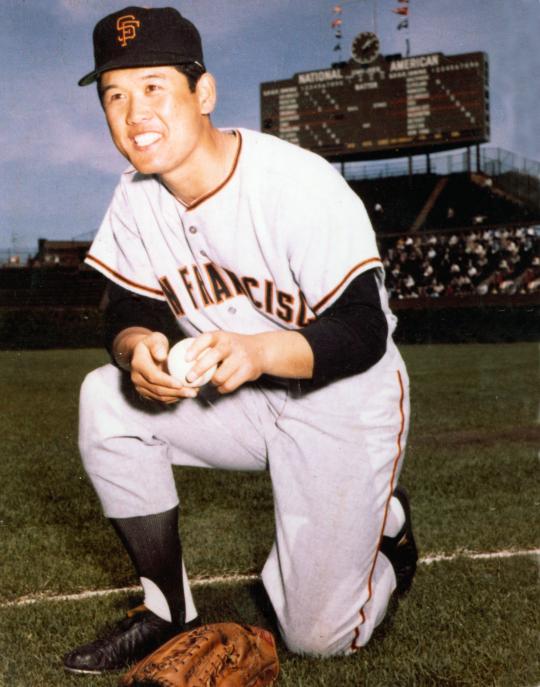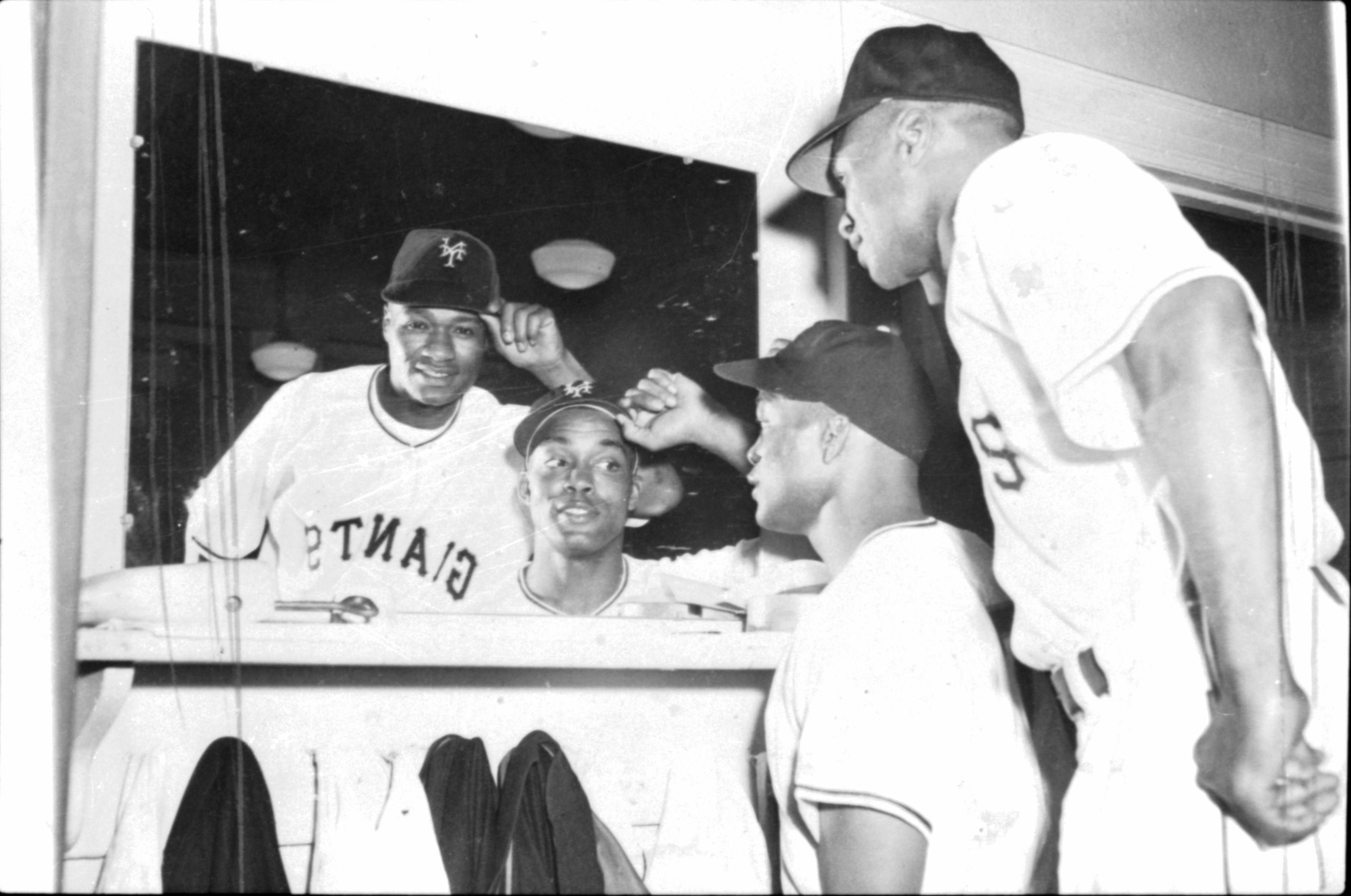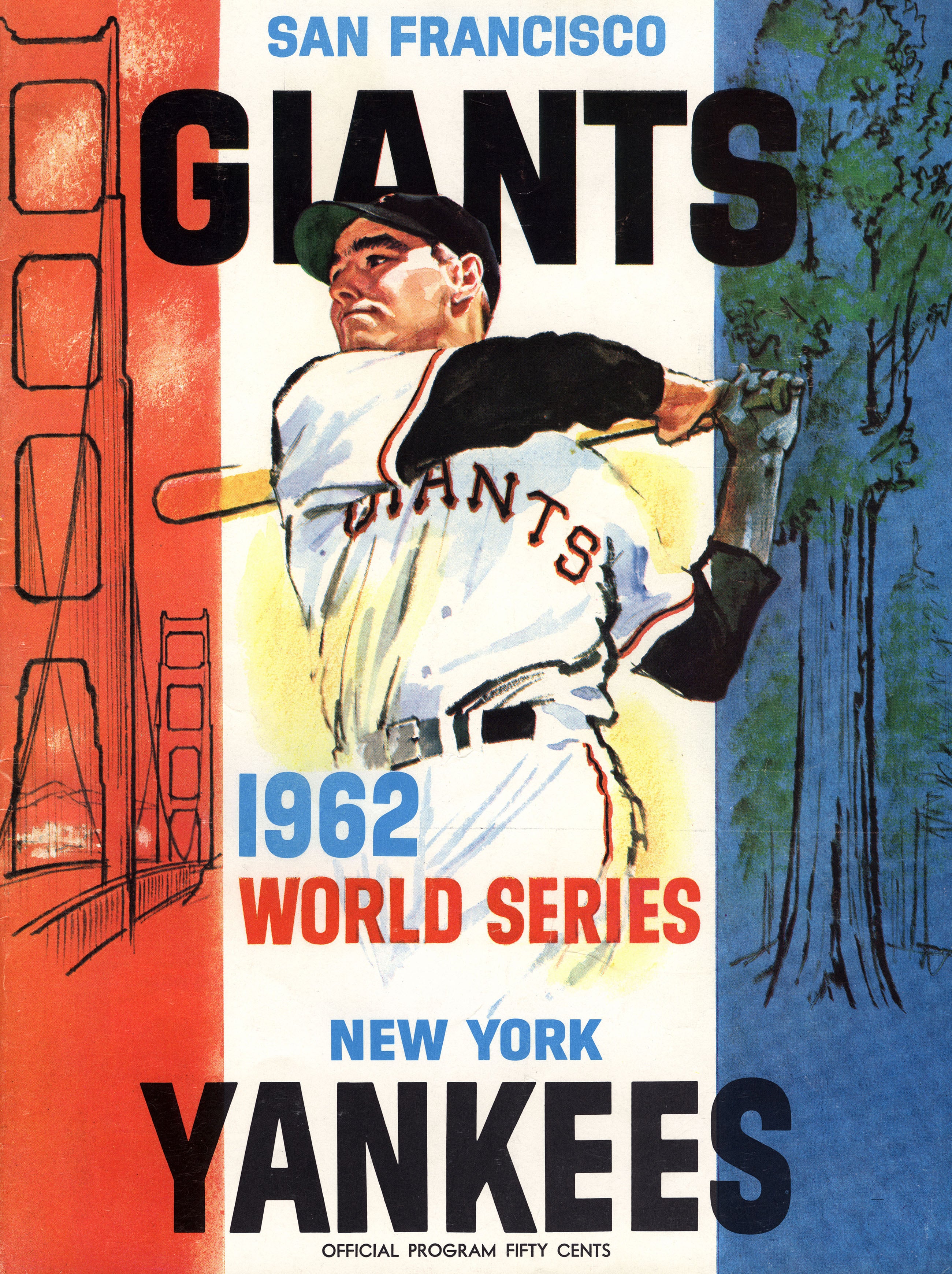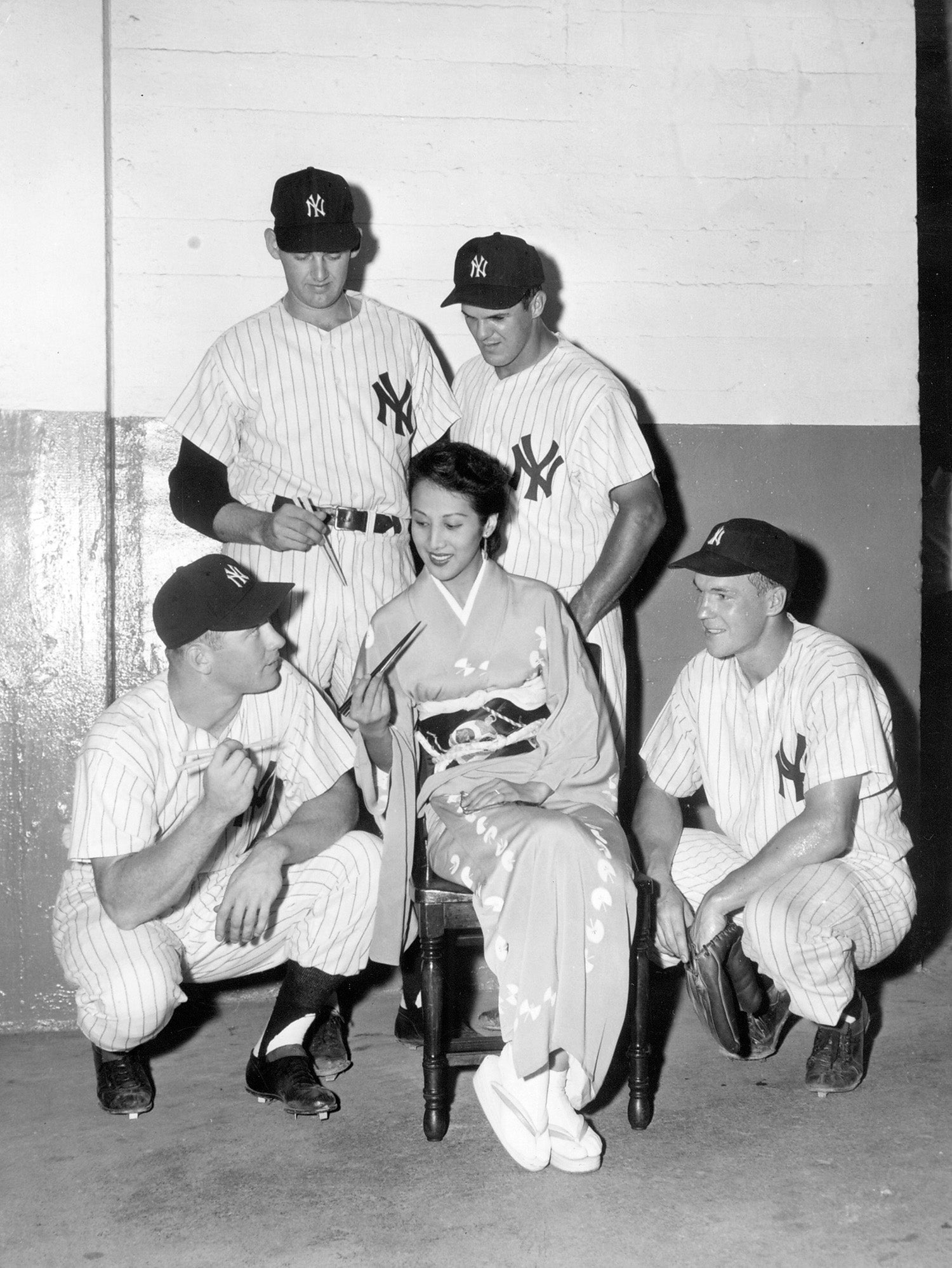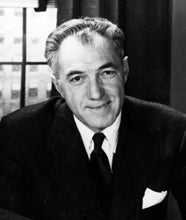- Home
- Our Stories
- Murakami’s big league debut changed the game
Murakami’s big league debut changed the game
Today, the debut of an Asian-born Major League Baseball player ranks as commonplace in the big leagues.
But in the 1960s, Masanori Murakami of the Giants opened new doors with his appearance against the New York Mets.
A crowd of 40,524 gave Murakami a standing ovation as he walked to the Shea Stadium pitcher’s mound on Sept. 1, 1964, becoming the first Japanese player to appear in a big league game.
In his debut, the 20-year-old Murakami pitched the eighth inning of a 4-1 Giants loss to the New York Mets, allowing a base hit and striking out two. He received another ovation when the inning ended.
The National Baseball Hall of Fame and Museum’s collection contains the hat Murakami wore during his debut big league game in 1964.
San Francisco signed the left-hander from the Nankai Hawks before the 1964 season, along with third-baseman Tatsuhiko Tanaka and catcher Hiroshi Takahashi in moves designed as more of a cultural exchange than development projects.
The three Japanese players were assigned to the Class A Fresno Giants, where they led the team to an 86-53 record.
Murakami appeared in eight more games in 1964 following his debut for the big league club, going 1-0 with a 1.80 ERA. He said he noticed a difference in pitching between the United States and Japan.
“I throw a fastball and curve, but no change,” Murakami told the Sporting News. “The changeup is no good. Relief pitcher comes in, men are on base. If you throw a change… Boom! Long ball.”
After Murakami’s strong September, San Francisco invoked a clause in his contract that gave the team the right to buy the contract of any of the three Japanese players who made the big league team. Nankai objected and said Murakami had only been on loan to the Giants, but the Hawks relented after Commissioner Ford Frick threatened to end relations with Japan.
Returning to the Giants for the 1965 season, Murakami pitched in 45 games, going 4-1 with a 3.75 ERA. In 74 innings pitched, he walked 22 and struck out 85 as San Francisco finished second in the National League at 95-67.
Following the season, however, Murakami wrote to the Giants to inform them he would not return for the 1966 campaign.
“I did not realize until my return how much I missed Japan and its ways,” Murakami wrote in a letter to San Francisco owner Horace Stoneham. “The thought of returning to the United States makes me homesick.”
Despite Murakami’s success, another Japan native did not play in the major leagues again until Hideo Nomo debuted for the Los Angeles Dodgers on May 2, 1995.
Since Nomo, a wave of Japanese players has arrived in the big leagues, along with players from other Asian countries like South Korea. Murakami went on to play 17 more seasons in Japan for the Hawks, Hanshin Tigers and Nippon Ham Fighters. He had a career year in 1968 when he went 18-4 with a 2.38 ERA for Nankai. A comeback attempt with San Francisco fell short in spring training 1983 when the Giants cut a 38-year-old Murakami before they broke camp.
Chris Blake was a publications intern in the Frank and Peggy Steele Internship Program at the National Baseball Hall of Fame and Museum

